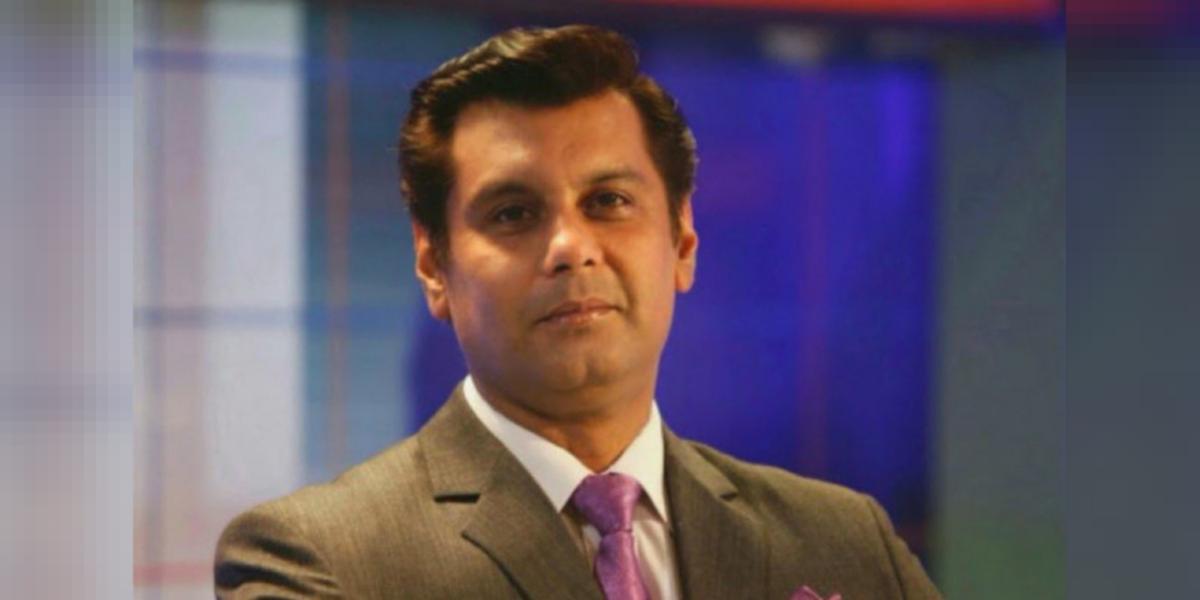Arshad Sharif’s suspicious killing in Kenya has highlighted the lack of security situation of the writers and journalists not only in Pakistan but across the globe. The harrasment and poor plight of the journalists continues in the country even after the change in governments. Arshad Sharif, aged 49, a senior Pakistani journalist was killed on October 24 while he was driving from Magadi to Nairobi, accompained by his brother Khurram Ahmed at around 10:00 PM.
It is to be noticed that Pakistan has a history of media blackouts and suppression of dissenting voices. In the World Press Freedom Index List, Pakistan ranks 157 among 180 countries.
Since journalist Arshad Sharif was a vocal opponent of Pakistan’s military, the case of Sharif’s murder raises suspicions that Pakistani security agents were involved. Two First Information Reports (FIRs) were filed against Sharif earlier in May for allegedly making “anti-military statements.”
Additionally, the journalist was fired from the ARY Network for enabling Shahbaz Gill, the leader of the Pakistan Tehreek-e-Insaf (PTI), to say provocative things about the army during a news show, according to Voices of Vienna.
Arshad Sharif’s case is not the first instance in which a Pakistani journalist has been threatened, subjected to torture, intimidation, or killed under dubious circumstances; in the past, activists and journalists like Saleem Shahzad and Hamid Mir have been targeted by local security forces due to their alleged “anti-military” stance. This incident has, for some reason, raised concerns about Pakistani journalists’ safety.
Since the time, Shehbaz Sharif assumed the Prime minister in late April, A number of Pakistani jounalists have reported menacing by army related agencies.
According to a Paris-based media watchdog, Pakistan is one of the world’s deadliest countries for journalists, with three to four murders each year that are frequently connected to corruption or illegal trade and go unpunished.
The senior command of the Pakistani army has been forewarned against harassing the media by Reporters Without Borders (RSF).
Any journalist who goes outside the boundaries set by Inter-Services Public Relations (ISPR) risks being the subject of extensive surveillance, which could result in kidnapping and confinement in state prisons or less formal jails for varied periods of time.










